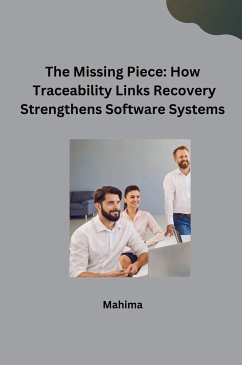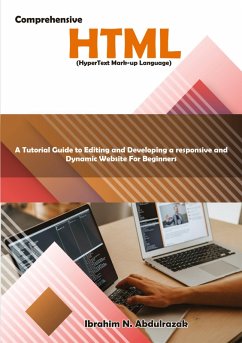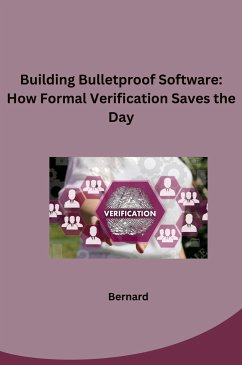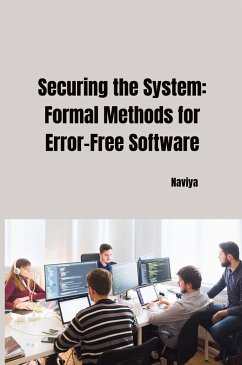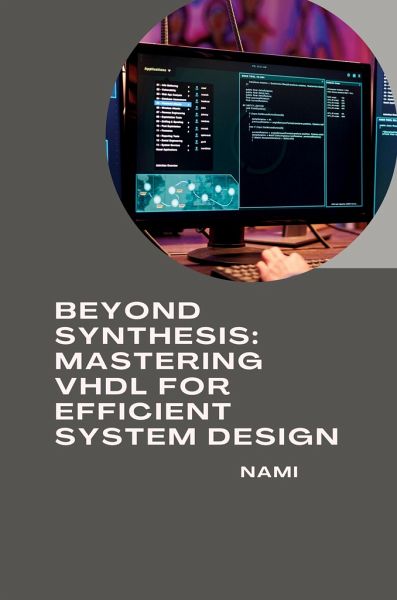
Beyond Synthesis: Mastering VHDL for Efficient System Design
Versandkostenfrei!
Versandfertig in 6-10 Tagen
26,29 €
inkl. MwSt.

PAYBACK Punkte
0 °P sammeln!
"Beyond Synthesis: Mastering VHDL for Efficient System Design" pushes past the basics of VHDL coding. It targets engineers seeking to optimize their VHDL skills for real-world system design. The book dives into advanced VHDL concepts, empowering readers to create efficient, modular, and reusable code. It explores techniques for performance optimization, covering topics like resource utilization, clock cycle reduction, and pipelining. "Beyond Synthesis" goes beyond theory, providing practical guidance through real-world case studies and coding exercises. By mastering these techniques, engineers...
"Beyond Synthesis: Mastering VHDL for Efficient System Design" pushes past the basics of VHDL coding. It targets engineers seeking to optimize their VHDL skills for real-world system design. The book dives into advanced VHDL concepts, empowering readers to create efficient, modular, and reusable code. It explores techniques for performance optimization, covering topics like resource utilization, clock cycle reduction, and pipelining. "Beyond Synthesis" goes beyond theory, providing practical guidance through real-world case studies and coding exercises. By mastering these techniques, engineers can design faster, more reliable, and lower-power digital systems using VHDL.






